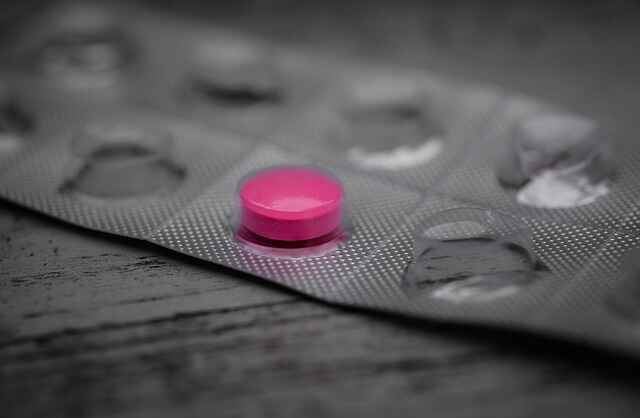What is I-Pill?
The I-Pill is used as an emergency contraceptive pill in case of unsafe intercourse or contraceptive failure to prevent unwanted pregnancy. It is necessary to take an emergency contraceptive pill within 24-72 hours after unprotected intercourse. It is best to take the pill orally. Often, the sooner you take the drug, the faster it will go, as the pill becomes less effective over time. It is recommended to take most of these pills within 72 hours.
The emergency pill works by slowing down the ovulation process depending on your menstrual cycle. However, if the egg has already been released from the ovary, the tablet works by interfering with the fertilization of the egg by the sperm. If fertilization has already occurred, the implantation (attachment) phase in the uterus avoids pregnancy by preventing it.
However, most women must remember that the morning-after pill is not a primary form of contraception and should only be used in an emergency. In addition, pills used to induce abortion should not be confused with it. It is generally safe when taken responsibly, but can lead to some side effects such as nausea, fatigue, and stomach cramps.
10 Facts about I-pill:
- The birth control pill does not offer protection against sexually transmitted diseases including HIV/AIDS. It neither works nor should be used as an abortion pill. It does not work if the woman is already pregnant.
- The pill should not be taken regularly. The maximum time the pill should be taken is 72 hours, but the sooner you take it, the more effective it is. Have it within 24 hours, ideally within 12 hours. It should not be used regularly as it is unhealthy if consumed more than twice a month.
- This is an oral tablet to be taken with water and after food. It is effective in 95% of cases.
- Even the pill is ideal for use between the ages of 25 and 45. Teenagers should not use it regularly. This needs to be highlighted through sex education as the prevalence of teenage sex and pregnancy is on the rise in India. In adolescents, it can have harmful effects on the reproductive system.
- Repeated use can cause ovarian damage and severe menstrual problems, so only occasional use is recommended. It is safe to take the pill during lactation. It has no effect on the quality of milk or any other adverse effect on the baby. Still, taking an iPill during pregnancy is a big no-no!
- They are available at all local pharmacies and do not require a doctor’s prescription. However, if a woman is taking long-term medication for any disease, she should talk to her doctor before taking the i-Pill. She should also consult her doctor in advance to see if she might have an allergic reaction to the tablet.
- It has no long-term consequences. However, some minor symptoms may occur including breast tenderness, nausea, vomiting, headache, and pain in the lower abdomen in the pelvic area for up to 2 days. Spotting may also occur before the actual period begins.
- Women who are allergic to levonorgestrel should not take the I-pill as another side effect of this birth control pill is that it can cause skin allergies and reduce libido. Repeated use of these birth control pills can cause delayed and irregular periods.
- The maximum time the pill should be taken is 72 hours, but the sooner you take it, the more effective it is. Have it within 24 hours, ideally within 12 hours. If a woman’s next period is more than a week late, she should take a pregnancy test.
- Regular use can lead to harmful menstrual problems or even damage the ovaries. Finally, it is not an overall safe pill in long run. It is always recommended to use a condom and be with a sensible partner who prioritizes your emotional and physical health.
Also Read: Things to Do After Unprotected Intercourse or Condom Failure





